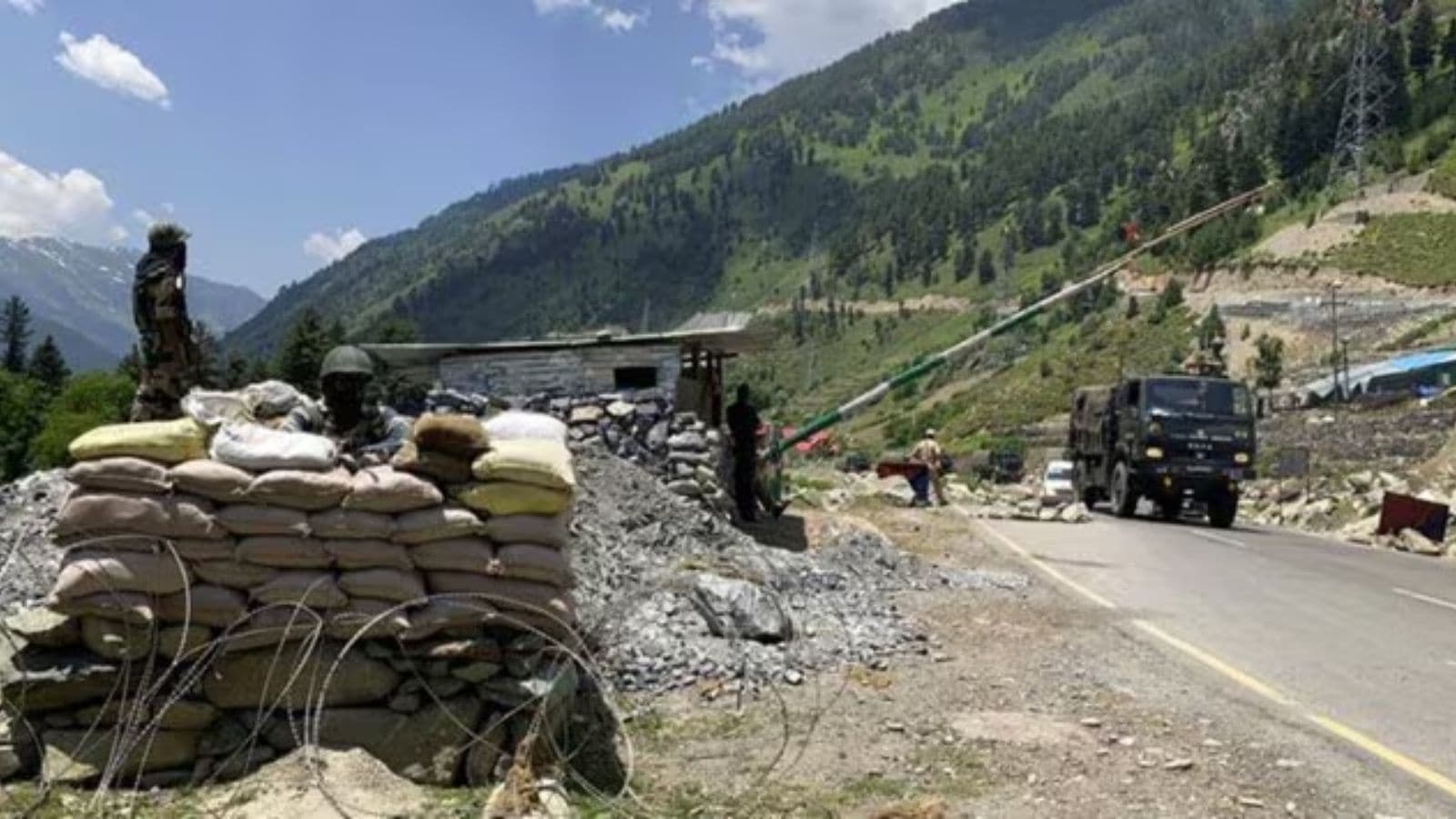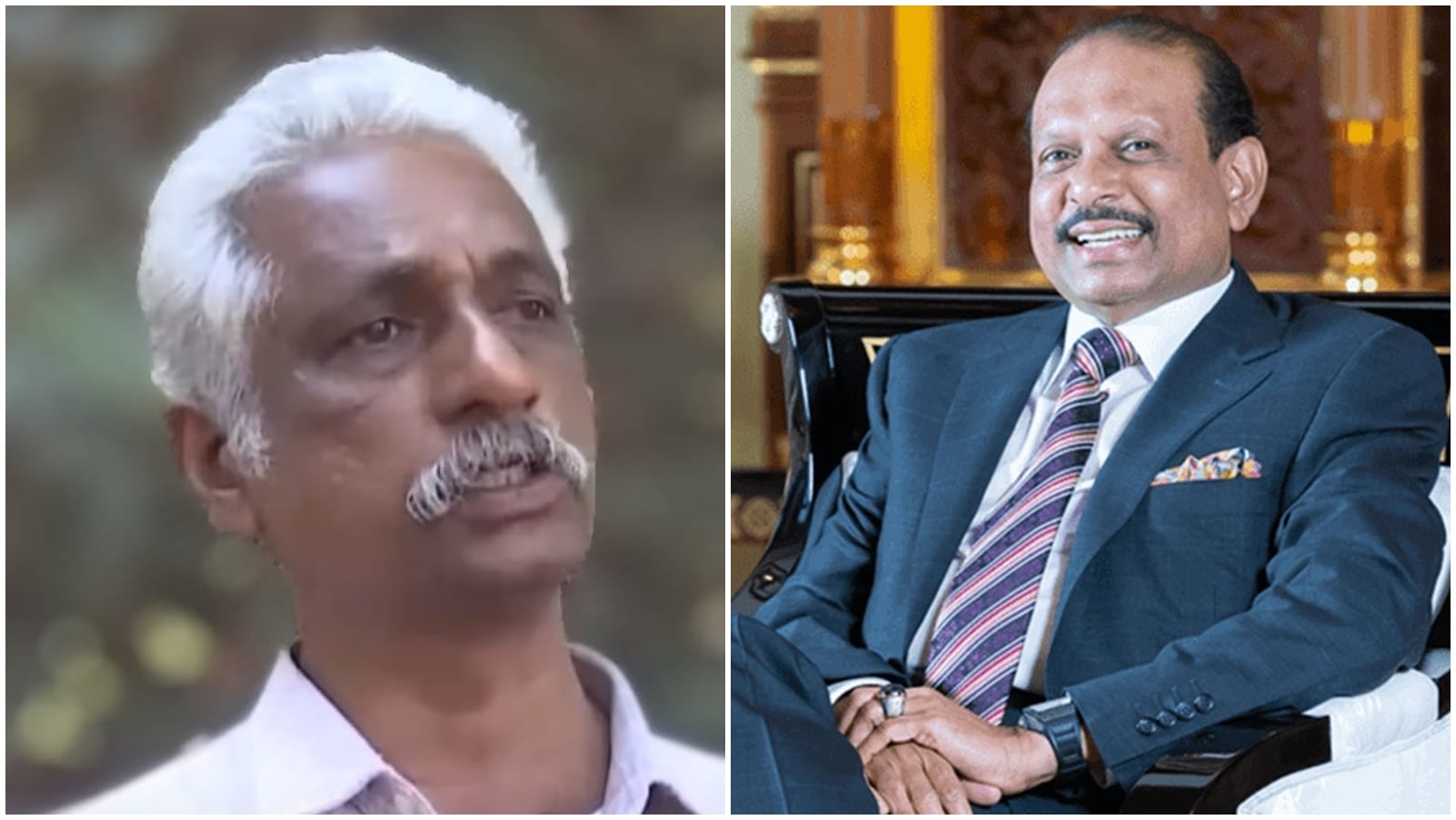On Independence Day, Chhattisgarh Chief Minister Vishnu Deo Sai announced that the Police Commissionerate system will soon be implemented in Raipur, to address the growing challenge of law and order. Raipur will be the first city in Chhattisgarh to have the system. The population of Raipur exceeded 10 lakh about 15 years ago (2011 Census).
The Police Commissionerate system is essentially a chain of command and control. Its two basic functions are to make decisions and implement them. In this system, the powers of executive magistrate are vested in the police officers of a given rank for certain functions. This eliminates the gap between the police and the magistrates for certain duties that involve shared responsibility, especially those linked to crime control and maintaining public order. The responsibility for all aspects of policing vests in the Police Commissioner, who is accountable for the adequate performance of her force.
There are two ways by which the powers of an executive magistrate can be entrusted to police officers — first, through powers given to States under the Code of Criminal Procedure (CrPC); and second, through legislative powers. Since ‘police’ and ‘public order’ fall under List-II (State List) of the Seventh Schedule of the Constitution, States have ample powers to legislate on issues relating to police and public order.
Until the new criminal laws were rolled out in July 2024, the mandatory condition under the CrPC was that only metropolitan areas with a population of more than 10 lakh (as per the 2011 Census) could have a Police Commissioner. The law has changed since the Bharatiya Nagarik Suraksha Sanhita (BNSS), 2023 came into place. The BNSS has removed the mandatory condition that a city or town must be notified as a metropolitan area before powers of an executive magistrate are entrusted to the Police Commissioner. Similarly, it states that the powers of an executive magistrate can be entrusted to “any police officer not below the rank of Superintendent of Police or (her) equivalent” by the State. Sections 14 and 15 of the BNSS deal with entrusting powers of the executive magistrate to the police.
The Police Commissionerate system dates backs to the British era. It was through the Act No. XIII of 1856 that the towns of Calcutta, Madras, and Bombay were brought under the respective Commissioners of Police. This was a comprehensive Act which not only laid down the preventive, penal, and procedural provisions, but also dealt with the powers of the police. Samuel Wauchhope was appointed Police Commissioner for the Town of Calcutta and William Crawford for the Town of Bombay on November 1, 1856.
Gradually, separate laws were enacted for these cities. Hyderabad enacted the Hyderabad City Police Act, 1348-F (1348 Fasli equals 1938) during the Nizam period. In the 21st century, such powers were applied to other States, and the Police Commissionerate system was brought in by the States of Punjab, Tamil Nadu, Haryana, Orissa, Rajasthan, Karnataka, Kerala, Uttar Pradesh, and Madhya Pradesh.
Most of these States (other than Orissa and Punjab which enacted their own State statutes) used powers given under the CrPC to implement the Police Commissionerate system. Since there is general resistance from the magistracy to transfer powers to the police, all Police Commissionerates are not equally strong. While some Central Acts such as the Arms Act, 1959; Immoral Traffic (Prevention) Act, 1956; and Explosives Act, 1884 have provided for the powers of the Commissioner of Police, others such as the Unlawful Activities (Prevention) Act, 1967; the Public Gaming Act, 1867; local Acts; and the BNSS (like the CrPC) need specific notification in this regard.
With speedy urbanisation and industrialisation, crime patterns have changed in recent years. Consultations between executive magistrates and police officials often lead to delays during urgent situations, which leads to criticism from the public. The draft Model Police Act, 2006, prepared by the Soli Sorabjee Committee, was meant to bring in a uniform law for police forces across the country; it has not been adopted in its entirety by any State. The Police Commissionerate system provides more effective policing and has stood the test of times. It is time for all major cities to adopt this system.
R.K. Vij is a former IPS officer



.png)
.png)
.png)
















 4 hours ago
3
4 hours ago
3








 English (US) ·
English (US) ·